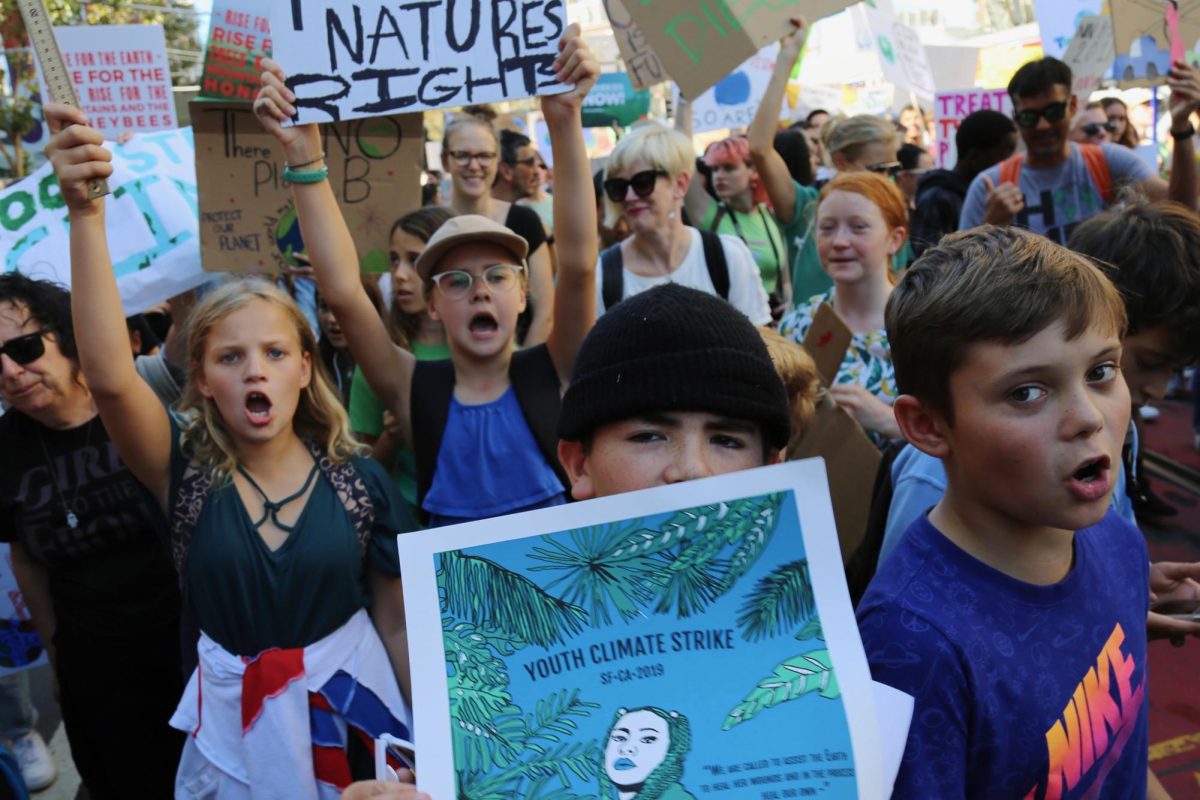As the climate crisis intensifies, it is more crucial than ever that we enact bold, aggressive legislation to mitigate its effects. However, with the recent election of an aging president who has pledged to dismantle climate policy, combined with a Congress and Supreme Court dominated by elderly climate change skeptics, the future of effective climate legislation in our nation appears uncertain. With the impending doom of a possible environmental catastrophe, we must promote more youth voices in the development of climate-related policy to ensure that the urgency of this crisis is reflected in legislative action.
For far too long, climate change has been dismissed by the older generation as a non-urgent, distant issue. This misconception has masked the fact that climate change is no longer a hypothetical reality – it is here, and it is rapidly progressing. According to nasa.gov, scientific evidence suggesting that our planet is warming at an alarming rate is indisputable. Despite this, according to theguardian.com, 123 members of Congress are climate change deniers. By contrast, according to usnews.com, a survey of approximately 16,000 found that 85 percent of 16- to 25-year-olds are worried about climate change and its impact on the planet. This data suggests that the youth of today are far more attuned to the importance and reality of climate change, making them better positioned to address it.
Climate change is a generational issue, meaning today’s youth will bear the bulk of its long-term impacts. Yet, according to pewresearch.org, the median age of the House of Representatives is 57.9 and the median age of the Senate is 65.3. Since most of the legislators who are making decisions that will determine the future of our planet are unlikely to live long enough to face the consequences of their actions, they should not be the ones making these critical choices.
The younger generation has consistently shown its commitment to addressing climate change, yet they continue to be dismissed by those in power. For example, after youth climate activist Greta Thunberg delivered a speech at the United Nations Climate Change Summit in 2019, President-elect Donald Trump responded with a dismissive, sarcastic comment on Twitter, mocking her plea for action. Trump tweeted, “She seems like a very happy young girl looking forward to a bright and wonderful future. So nice to see!”
While they are often disregarded, activists such as Thunberg, along with other youth-led organizations such as the Sunrise Movement, show that today’s youth have a complex, nuanced understanding of climate change and its consequences. They possess not only awareness but an unmatched drive, making their leadership not only necessary but crucial to the survival of our planet and the well-being of future generations.
The absence of youth voices in climate policy is not only an oversight but a failure of democracy. Our government strives to represent all, yet the exclusion of the younger generation from key environmental policy both undermines and disputes the very principles upon which our country was founded.
If we are to avoid a disastrous environmental crisis, we must ensure that youth voices are not only included but prioritized in the creation of climate policy to safeguard both the planet and the democratic ideals upon which our nation stands.

